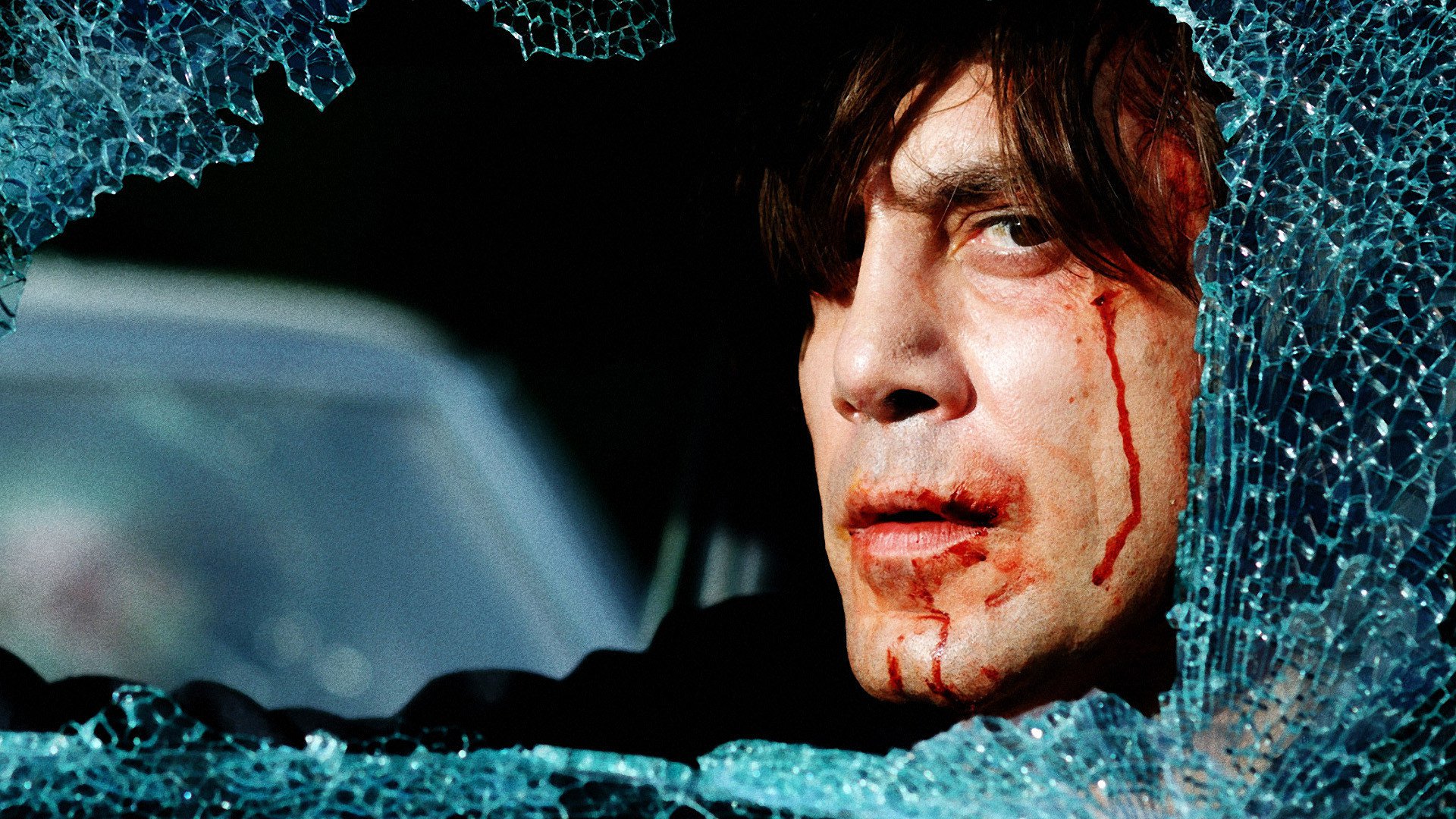
「紐約翠貝卡電影節」Tribeca Film Festival 找來了「柯恩兄弟」Coen Brothers 的御用「配樂師」Carter Burwell 和御用「音效剪輯師」Skip Lievsay 來參加它們的專題活動。這兩位音樂人將大談他們在柯恩兄弟電影中的聲音幕後。
談到幕後,因為柯恩兄弟倆很少上媒體,所以,他們電影的幕後,也很少人知道。但是,剛好因為這個活動的關係,這兩位音樂人就能分享他們跟這兩位大師合作的經驗,剛好也能彌補柯恩兄弟倆很少上媒體的空缺。
這個專題活動由「杜比學院」Dolby Institute 館長 Glenn Kiser 主持,議程是一段一段 Carter Burwell 和 Skip Lievsy 製作過的音效與音樂片段,從談話中理出的脈絡,也是本文的重點,就是 -「聲音設計」- 如何讓柯恩兄弟的電影偉大。
從「劇本」階段開始,柯恩兄弟倆就會開始策劃聲音和音樂。
Before the discussion with Burwell and Lievsay began, Kiser screened the famous chase scene from "Raising Arizona" where H.I. (Nicolas Cage) steals a pack of Huggies from a quickie mart and a mad comedy of errors ensues. As the scene progresses, it increases in complexity, adding more and more characters -- cops, a thunderous pack of neighborhood dogs, a grocery store clerk with a shotgun, but it never lets up on the pace.
在訪談開始前,館長 Kiser 先放了一段「撫養亞利桑那」 Raising Arizona 電影中,很有名的追逐戲。尼可拉斯凱吉飾演的角色 H.I ,剛從滑板店中偷了一包 Huggies 紙尿褲,接著,一連串瘋狂的喜劇橋段也就就此展開了。越到後面,劇情越複雜,加入的角色也越來越多 - 警察、狗、拿散彈槍的收銀員 - 節奏也沒有要慢下來的趨勢。
The most impressive aspect of the scene, however, goes entirely unseen; namely, the fact that the Coens' meticulously map out the visual and aural choreography of each and every scene in their films, including this one. "They write knowing the importance of the sound and the music," Burwell said early on in the conversation. "They put space in their films for that, and a lot of people don't, but they actually feel free to have a few minutes where there might not be any dialogue."
這場戲最讓人驚艷的點,其實是完全看不到的,柯恩兄弟倆會把每部片的視覺與聽覺,鉅細靡遺的編排出來,也包含這場戲在內,他們在寫劇本時,就知道聲音與音樂的重要性,他們的電影會中,會有刻意留白的地方,這是許多電影人常常忽略的地方。所以,柯恩兄弟的劇本中,可能會有好幾頁是沒有對白的,這段就是固意給音樂與音效發揮的地方。
Burwell and Lievsay collaborate to build each film's sonic landscape and therefore, compromise plays a major role in the process.xxxxxxxxxxxxxxxxxx
Burwell 和 Lievsay 總是一起合作,所以,妥協也很重要
When there is poor communication between the sound and music departments, it's obvious, according to Burwell. "When sound went digital," he said, "everyone was very excited that you could just have all the faders up. It was technically possible to do that." The result, Burwell continued, is "a lot of very noisy mixes where basically someone has decided not to decide what should be featured."
當音效與音樂部門,溝通不良時,很明顯。當聲音數位化時,大家都興奮 只要 fader 一直開著就好了,那樣技術上是云許可行的,但那結果就是,整個混音的非常吵雜,有人決定不決定哪些東西該被重視
xxxxxxxxxxx According to Burwell, sound and music must be allotted their own "moments," so that even when they overlap (as they often do) they are still working with one another, rather than against. One such technique that Burwell finds useful in facilitating these kinds of "moments" is to divide up frequencies between himself and Lievsay: "Skip and I will do things where I'll give him the high frequencies and I'll take the low frequencies."xxxxxxxxxxxxxxx
音樂與音效必須有自己的 moment 所以當它們重疊時 (它們時常重疊) 它們還是在互補,而不是在互斥,Burwell 發現一個好的方法,找到個至的 moment 就是把他和 Lievsay 的頻率分開,如果 Skip 在高頻時,我就走低頻,反之也亦然。
Tribeca: Here's Why the Coen Brothers' Films Always Sound Magnificent